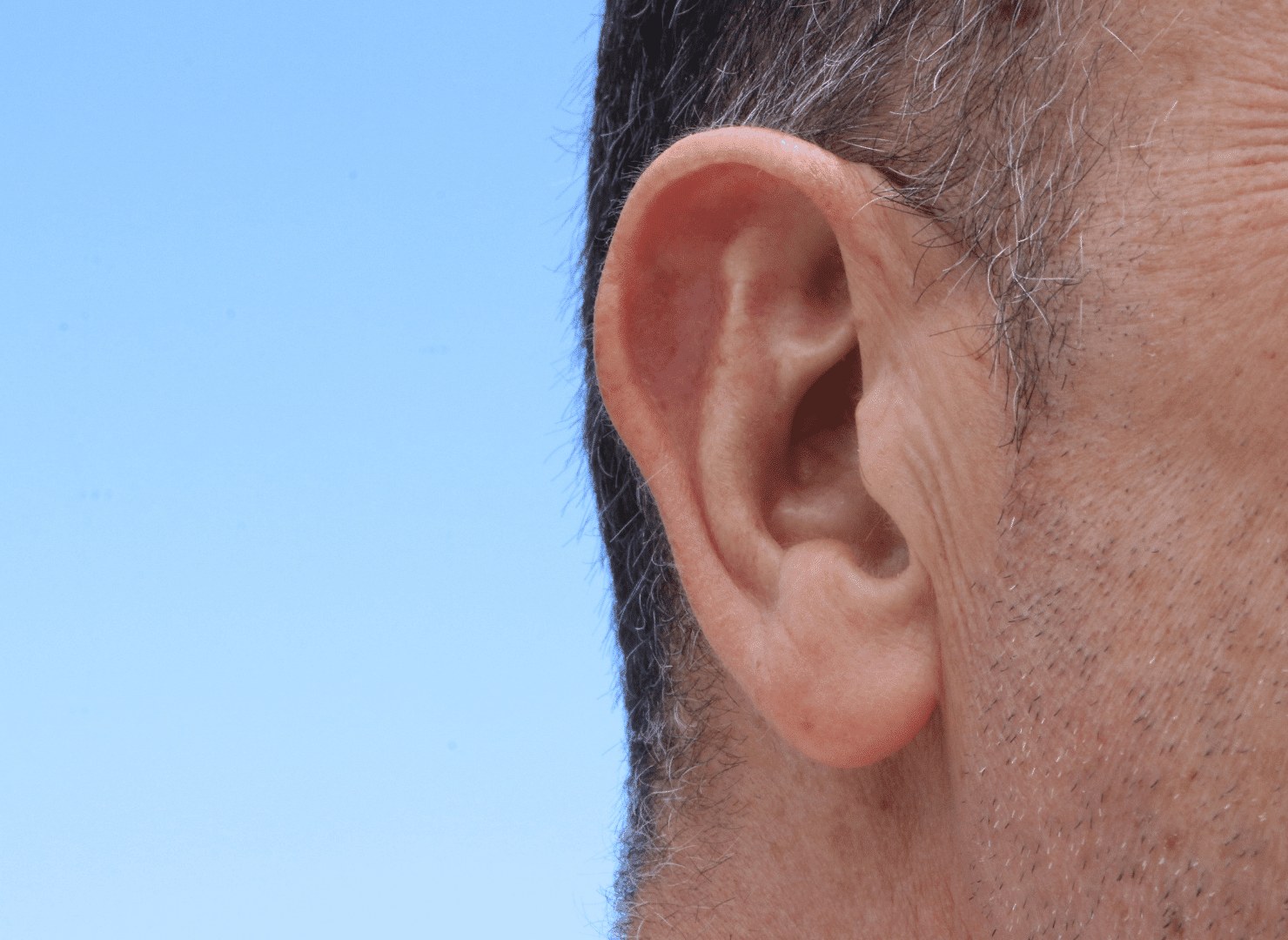Taking the plunge to
buy hearing aids may seem
expensive and overwhelming, but with this basic breakdown, hearing aid prices and the entire buying process should seem easier!
For more specific questions, contact your audiologist or an Audicus professional.
Three Steps to Buying a Hearing Aid
Step one: Take an online hearing
test to see if you experience hearing loss. While not as complete as a trip to the audiologist, taking a free test gives you an idea of the levels and ranges your hearing lacks.
Step two: Visit an audiologist. This particular type of doctor specializes in hearing and will run a series of tests and examinations to determine your hearing loss. They will track your hearing on an audiogram, akin to your prescription at the eye doctor.
Step three: Consider your price range. Hearing aids are generally not covered by insurance, though you can still check with your provider to see if you fall under a unique category of coverage eligibility such as coverage through Veterans Affairs or Worker’s Compensation.
Only 20 states require
insurers to cover hearing aids, and even then only children’s hearing aids are covered. Without insurance assistance, hearing aid prices lay within the $3,000 to $7,000 range for a pair, so it’s important to think through your
options.
Top Options for Buying Hearing Aids
Option one: Buy from a Wholesale Retailer
A popular option is to purchase hearing aids from Costco,
Sam’s Club, Walmart, or another wholesale retailer.
The benefit of these locations is the low price of hearing aids; however, the downfall of these locations is that they lack specificity and variety of hearing aids, leaving purchasers with few options.
Option two: Purchase a hearing aid from your audiologist
Buying from an audiologist or another hearing professional within a retail setting is another common choice.
Local hearing clinics can be a convenient option for many.
Hearing aids purchased through retailers tend to be the most
expensive option because retailers must pay for overhead costs like building rental, extra salaries, business insurance, and product testing.
The benefit to this extra cost is face-to-face interaction with a trained professional who can alter your hearing aids to fit you perfectly.
Option three: Purchase hearing aids through an online retailer
Buying hearing aids from online retailers, like Audicus, can be an easy way to get affordable hearing aids.
The same six large hearing aid companies share ideas/patents and build the bulk of hearing aids sold.
Because of their collaboration, there is no competition, and less need to cut costs to appeal to the consumer. These companies can sell to retailers at an increased price, which the retailer increases even more before passing on to the consumer.
What could have cost $1,000 in parts and labor ends up costing much more for the customer?
Cut out the Middleman and Save
Online retailers like Audicus are able to build and sell their own models without the involvement of a middleman. Customers upload their audiogram from home, choose the hearing aid that best suits their needs, and wait for their hearing aid to arrive at their doorstep.
Audicus still employs professional hearing specialists who can answer questions and make adjustments for the perfect fit. If you are looking for a lower-priced hearing aid made of quality materials, this could be the best option since there are no
inflated prices.
What you see when you see hearing aid prices
should reflect the quality of the product, not the salary of a retail worker.
By: Diana Michel




